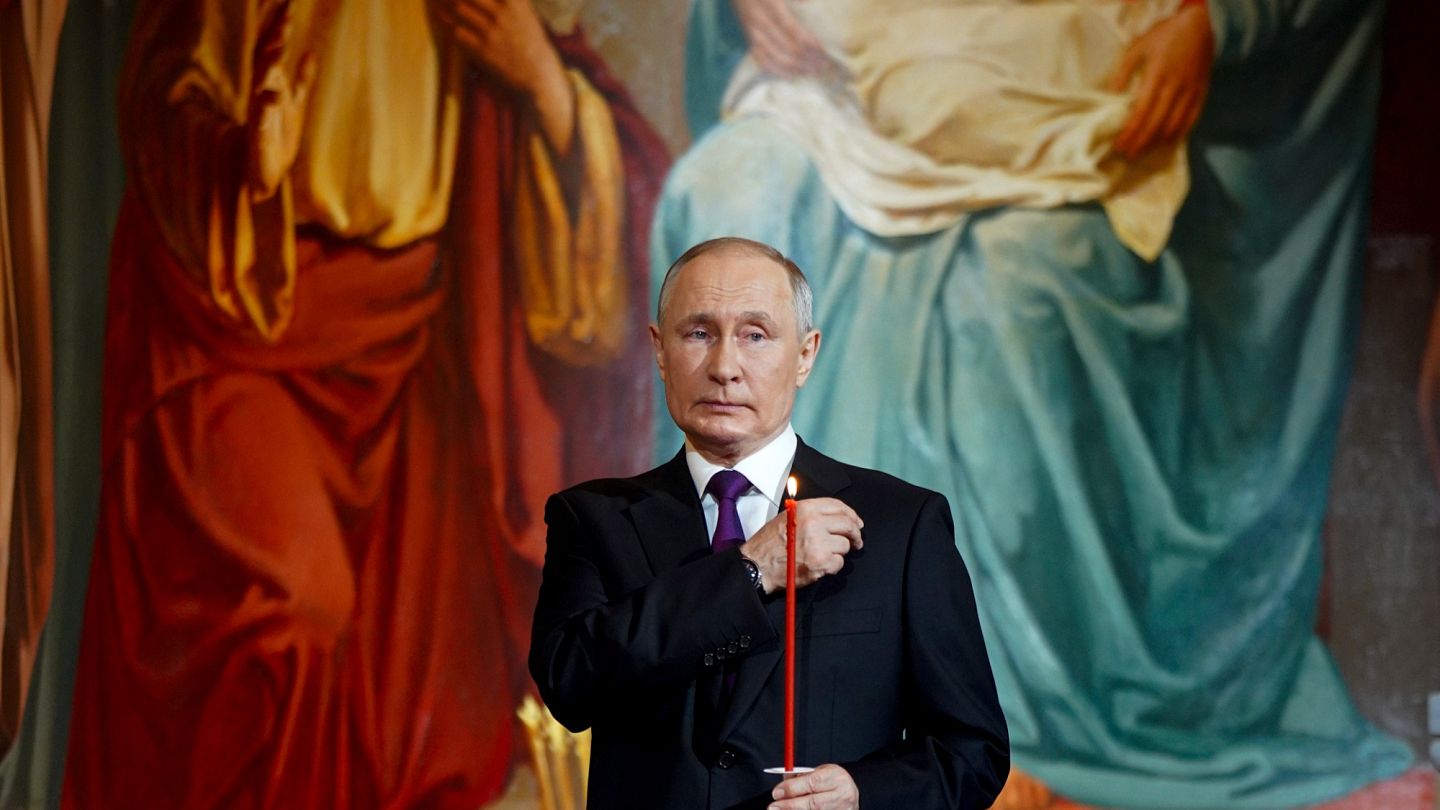(Un)orthodox intelligence operations: How Russia is using its churches abroad
Sweden is reportedly probing a Russian Orthodox church in the town of Västerås over possible hybrid warfare techniques, a new investigation shows.
Sweden has opened up a probe into a Russian Orthodox church in the town of Västerås over possible links to the Kremlin’s hybrid warfare techniques.An investigation by outlet France24 revealed that the Church of the Kazan Icon of the Mother of God might be used for espionage. Located just 300 metres from Stockholm-Västerås Airport, it has drawn scrutiny from local authorities and security services over its ties with Russian intelligence.Sweden’s domestic security agency, SAPO, believes the church is being used as a platform for intelligence gathering and other hostile activities.Strategic location of the Russian church in SwedenStockholm-Västerås Airport, also known as Hässlö Flygplats, is a small international airport that until 1983 served as a base for the Swedish Air Force.Following Sweden's NATO membership in 2024, the airport became a strategic military hub, regularly hosting exercises for the alliance. The head of the control tower, Andreas Nyqvist, told France24 journalists that a Russian church being located this close to the airport is not a normal situation.“Nothing is normal about a church that close to the airport," Nyqvist explained.Västerås also sits on the edge of Lake Mälaren – a strategically sensitive corridor that connects the Swedish heartland with the Baltic Sea – and several key bridges cross the important waterway here.SAPO previously attempted to halt the construction of the church, citing security risks. However, the project proceeded without regard for the prior regulations. The church’s spire is 22 metres high, although the local zoning plan indicated it was not supposed to exceed 10 metres due to its proximity to sensitive infrastructure – the airport.Who is in charge of the Västerås church?When the Västerås church was consecrated in November 2023, the ceremony was attended by Russian and Belarusian diplomats. One of them, Vladimir Lyapin, has since been exposed as a Russian spy by Swedish investigative journalists.Two weeks later, SAPO issued a public warning that the Moscow Patriarchate in Sweden is supporting Russian intelligence operations and receiving significant state funding.Municipal authorities are now considering the unprecedented step of expropriating the building, citing national security concerns.Even more so with the attention being drawn to Father Pavel Makarenko, the parish priest at the church in Västerås.The investigation revealed that, for several years, on the sidelines of his religious duties, Makarenko served as the CEO of the Russian-owned import and export firm NC Nordic Control AB. That job and his corporate career came to an abrupt end in 2021, when a Stockholm district court convicted him of aggravated accounting fraud for footing fake bills for companies in Russia and Belarus. Makarenko, who denied the charges – and later lost an appeal – was handed a suspended six-month jail sentence, 160 hours of community service and a three-year business ban. Russian churches in EuropeThe Russian Orthodox Church may utilise its churches in Europe for intelligence activities, strategically positioning them near critical facilities, according to a report by the Molfar Institute, a Ukrainian company that provides open-source intelligence services.The OSINT agency conducted open-source research analysing 11 European countries, including Sweden, Norway, Finland, the Netherlands and the Czech Republic.The agency also specifically analysed the church in Västerås, claiming that its construction was financed by Rosatom, Russia’s state atomic energy corporation. Notably, the Swedish Westinghouse electric factory, which produces nuclear fuel assemblies, is approximately 5 kilometres away from the Russian church.The Molfar investigation also geolocated Russian churches in Bryne, Oslo and Kirkenes in Norway. In Trondheim, for example, the Russian church is around 1 kilometre away from the Air Force Academy and less than 1 kilometre from a submarine bunker.In some countries, the authorities shut down Russian churches due to security concerns. In Finland, the Russian church in Turku was located critically close to the Coastal Fleet. The authorities shut it down in August 2022 following Russia’s full-scale invasion of Ukraine.In 2023 Bulgarian authorities expelled the head of the Russian church in the country over what they called a “threat to national security”. Archimandrite Vasian, who headed the Russian Orthodox Church in the country, was accused of espionage.


